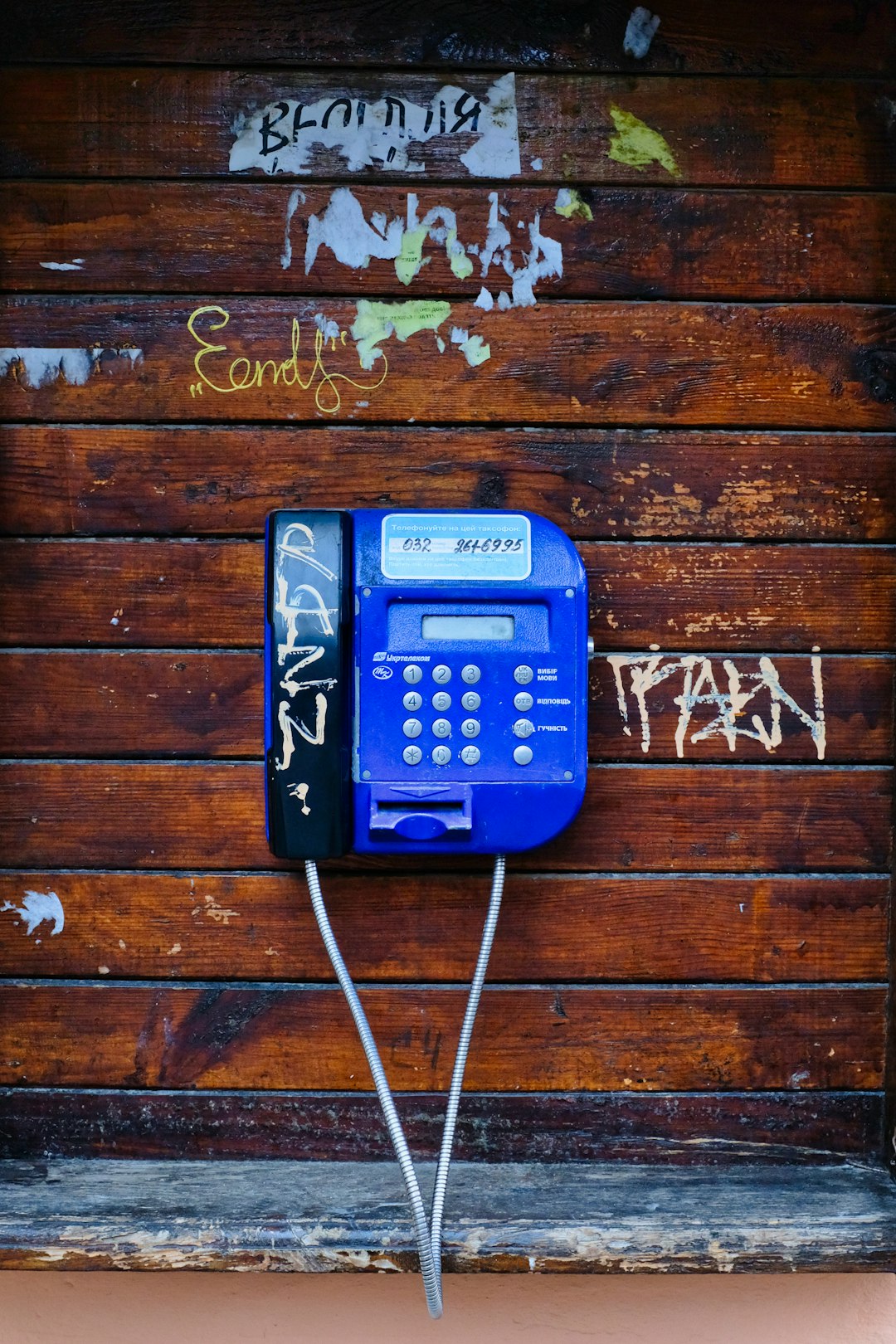Spam calls from law firms in New Jersey are a widespread and irritating problem, disrupting daily life and breaking consumer privacy laws. With strict state regulations against automated calls, both individuals and businesses must take action to combat this nuisance. By using tools like call tracking software and data analytics, law firms can identify recurring patterns and sources of spam calls, improving client communication. New Jersey residents can also protect themselves by reporting suspicious calls, blocking them, and registering on Do Not Call lists, thereby enhancing digital safety for everyone.
Spam calls are a persistent nuisance, but understanding their patterns can empower you and your community. In this guide, we explore how to analyze spam call trends in New Jersey, focusing on legal perspectives and available tools. Learn about the impact of these calls and discover effective strategies to protect yourself and combat them. From identifying recurring patterns to utilizing specialized software, you’ll gain insights to navigate the complex landscape of spam call laws and keep your conversations clutter-free.
Understanding Spam Calls and Their Impact

Spam calls, often originating from law firms in New Jersey and elsewhere, have become an increasingly prevalent nuisance for many individuals and businesses. These unsolicited phone calls, typically promoting legal services or claiming to offer exclusive deals, can disrupt daily routines and cause significant frustration. Moreover, they often violate consumer privacy laws, making it crucial to understand the impact and take proactive measures to mitigate their effects.
The volume and persistence of spam calls can lead to wasted time, increased stress, and even potential financial losses for victims. In New Jersey, where strict spam call laws are in place to protect residents, ignoring these calls is not enough. Understanding the patterns and sources behind these nuisance calls is essential for both individuals and businesses to assert their rights and ensure compliance with legal guidelines.
Identifying Patterns: Tools and Techniques

Identifying patterns in spam calls is a crucial step in understanding and mitigating unwanted phone communication, especially for law firms operating in New Jersey. There are several tools and techniques available to help analyze these call trends. One effective method involves utilizing call tracking software that records and categorizes incoming calls. This technology allows users to identify not only the volume of spam calls but also specific patterns, such as recurring call numbers or geographical origins.
Additionally, data analytics platforms can provide valuable insights by examining call metadata. By analyzing timestamps, call durations, and caller ID information, these tools can help uncover regularities and correlations, enabling law firms to take proactive measures against spam calls in New Jersey. Regular monitoring and pattern recognition are key to staying ahead of spammers and ensuring a smoother communication experience for clients.
Taking Action: Protecting Yourself and Your Community in New Jersey

In New Jersey, taking proactive measures against spam calls is not just about individual protection; it’s a collective effort to safeguard your community. Since New Jersey has strict regulations regarding spam calls, especially involving law firms, it’s crucial to familiarize yourself with these laws. Many states, including New Jersey, have enacted laws that limit the number of automated or prerecorded calls made to consumers without their prior consent. These measures are designed to curb the nuisance and potential risks associated with spam calls.
When you recognize a pattern of suspicious calls, report them to your local law enforcement agency or consumer protection bureau. Additionally, consider using call-blocking apps or registering your number on Do Not Call lists. By collectively raising awareness and taking action, New Jersey residents can make a significant impact in reducing spam calls, ensuring a safer digital environment for everyone.






